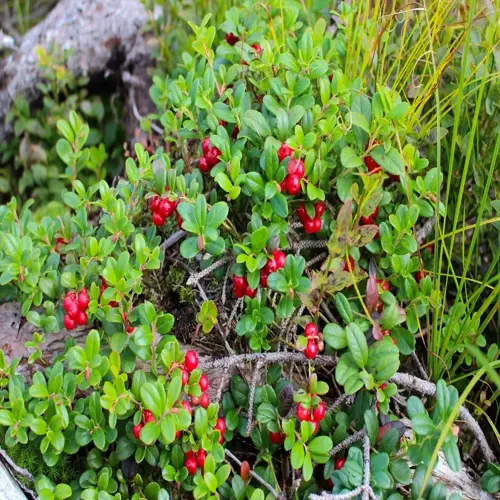How do you brew compost tea?

Written by
Kiana Okafor
Reviewed by
Prof. Samuel Fitzgerald, Ph.D.Compost tea brewing will convert organic matter into potent plant nutrition. This gold liquid naturally feeds soil microbes, enhancing plant health. I brew once a week for my vegetable garden and see incredible results. The process requires high-quality compost, dechlorinated water, and microbial foods. Regardless of whether you brew using an aerated method or a non-aerated method, you will end up with beneficial microbial brews.
Compost Foundation
- Use fully decomposed compost with crumbly texture
- Earthy smell indicates proper microbial development
- Avoid fresh manure or unfinished organic matter
- Worm castings boost microbial diversity significantly
Water & Nutrients
- Non-chlorinated water is absolutely essential
- Rainwater or 24-hour rested tap water works best
- Unsulfured molasses feeds bacteria populations
- Fish hydrolysate provides nitrogen for fungal growth
Maintaining the right temperature is crucial for a successful brewing experience. Ideally, you should keep a temperature between 55 and 80 degrees Fahrenheit (F) for optimal microbial activity. I utilize aquarium heaters in the winter and shading cloths in the summer. Screen-stirred brews for foam growth, as the foam is a telltale indication of sufficient oxygen. If you are brewing properly, you will create an earthy-smelling tea that is not foul-smelling.
For optimal results, apply tea to the soil surface immediately after brewing. Apply soil drenches to promote root growth, and use foliar sprays to prevent disease. If you don't use all the tea, store it in an airtight container for up to four days. When I batch tea, I label containers with a date and discard the items with off odors.
Troubleshooting is crucial for ensuring reproducible results. Sulfur smells suggest an anaerobic condition that requires excess oxygen. Dull gray mold indicates a reduction in sugars and the addition of stirring. Always wear gloves when handling concentrated brews. These tips will lead to healthier plants and more fertile soil.
Read the full article: Compost Tea Brewing: The Ultimate Guide

